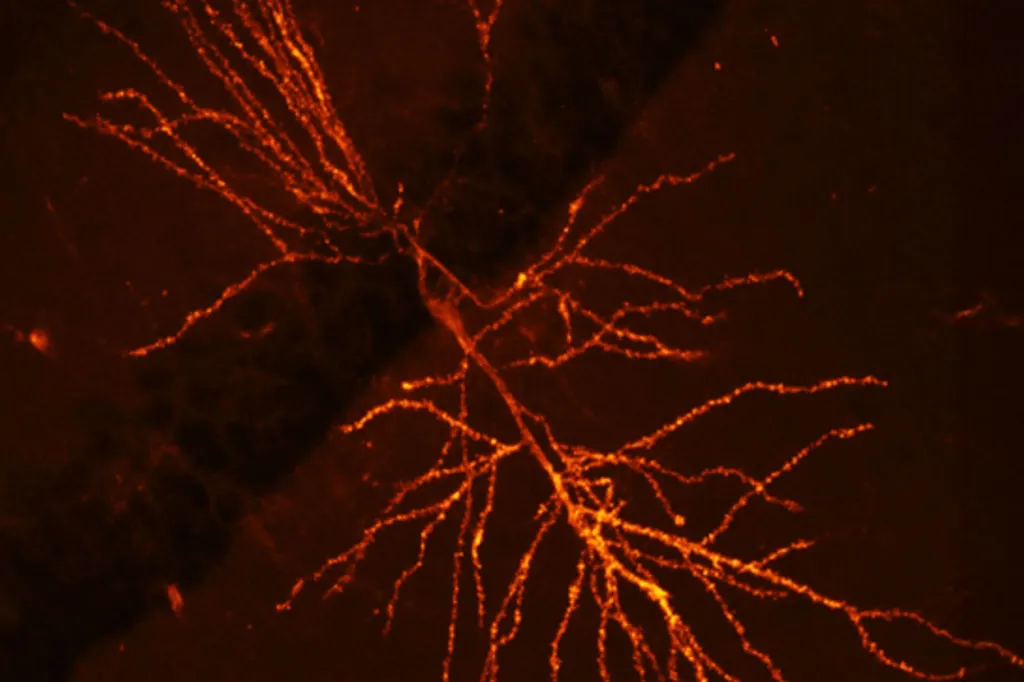Scientists Just Tracked How Memories Are Made—Down to the Millisecond

In a landmark breakthrough, Harvard researchers have developed a cutting-edge technique to pinpoint, in real time, exactly how learning and memory form in the brain—an achievement that could revolutionize the way we understand, prevent, and treat cognitive disorders such as dementia.
The study, conducted by scientists at Harvard Medical School and reported by The Harvard Gazette, introduces a novel system that records the brain’s activity with previously unattainable precision. By capturing the exact neural firing patterns associated with learning, researchers can now witness how experiences are encoded into memory at the level of individual brain cells.
"Until now, it was like trying to understand a symphony with only a few instruments audible," said one of the lead scientists. "Now, we're hearing the full orchestra."
This breakthrough could provide unprecedented insight into memory-related diseases. By understanding how healthy brains encode and retrieve information, scientists hope to identify precisely where things go wrong in conditions like Alzheimer’s and other forms of dementia—potentially unlocking targeted therapies that restore or compensate for failing neural pathways.
The implications go far beyond healthcare. From boosting educational strategies to enhancing AI systems modeled on human cognition, this research lays the groundwork for applications that were once squarely in the realm of science fiction.
One thing is clear: the curtain is finally lifting on the brain’s most elusive performance—how we learn, remember, and forget.